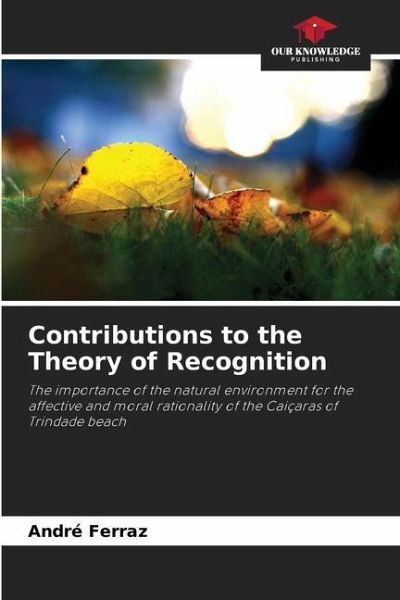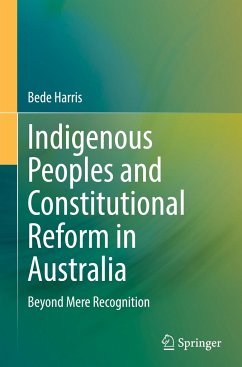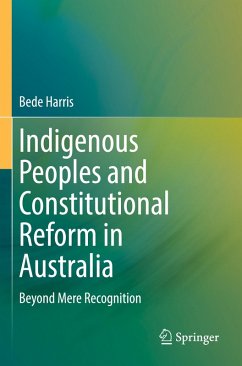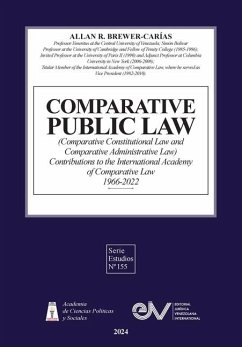
Contributions to the Theory of Recognition
The importance of the natural environment for the affective and moral rationality of the Caiçaras of Trindade beach
Versandkostenfrei!
Versandfertig in 6-10 Tagen
36,99 €
inkl. MwSt.

PAYBACK Punkte
18 °P sammeln!
In multicultural societies, social justice seems to be directly proportional to the cultural patterns and levels of moral recognition relations prevailing between subjects, delimited by the plurality of axiological orientations on well-being and social contribution capacities. But if affection for place has been particularly capable of social production of meanings, modulation of instrumental rationality and moral demands for recognition of this particular affective relationship, as a moral impulse to conceptions of good living and legal claims, as explained in the case of the Caiçaras of Tri...
In multicultural societies, social justice seems to be directly proportional to the cultural patterns and levels of moral recognition relations prevailing between subjects, delimited by the plurality of axiological orientations on well-being and social contribution capacities. But if affection for place has been particularly capable of social production of meanings, modulation of instrumental rationality and moral demands for recognition of this particular affective relationship, as a moral impulse to conceptions of good living and legal claims, as explained in the case of the Caiçaras of Trindade beach, then this necessary exegetical opening also seems to depend on the affective interest in the subjects' relationships with the natural environment.












